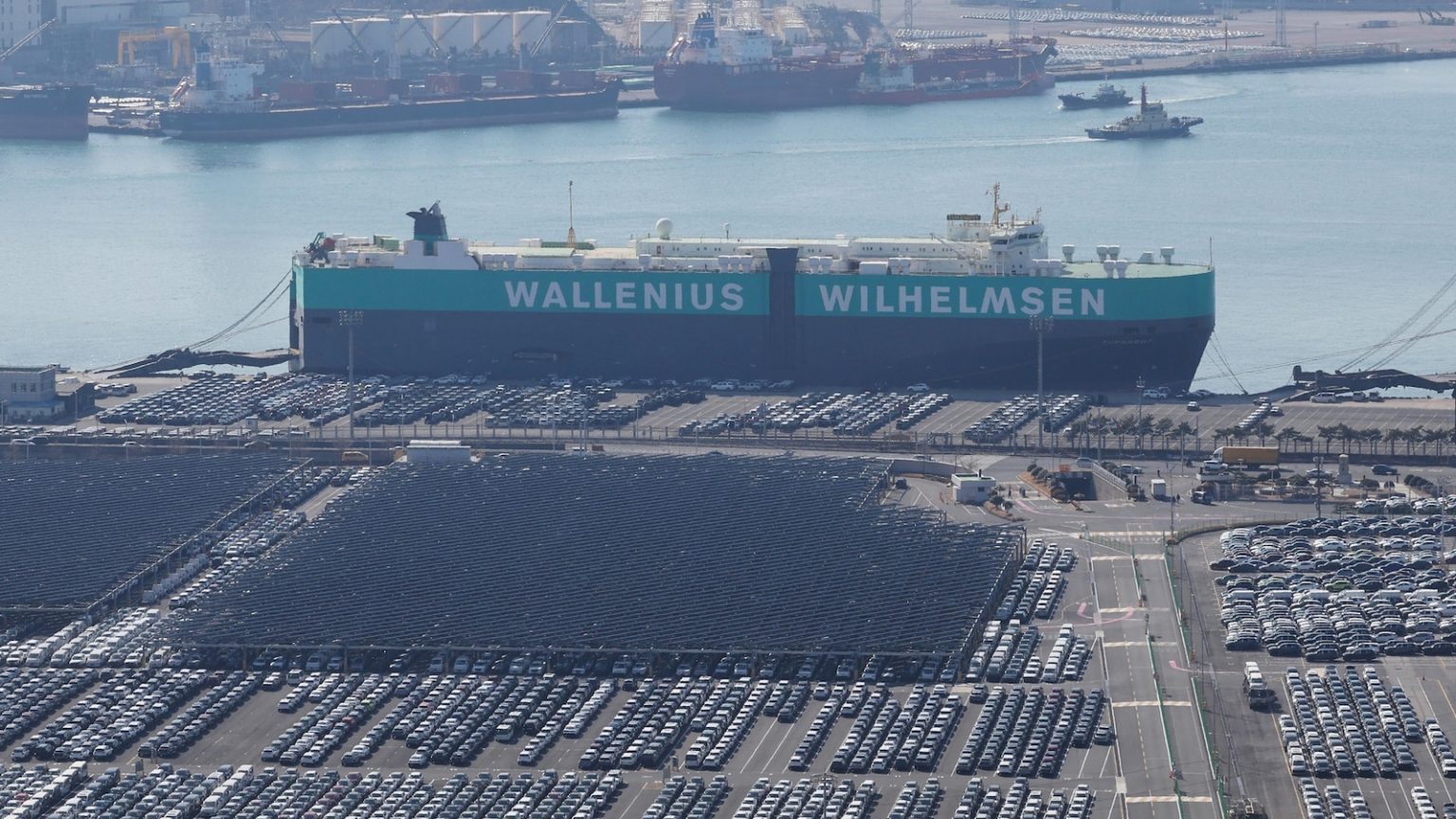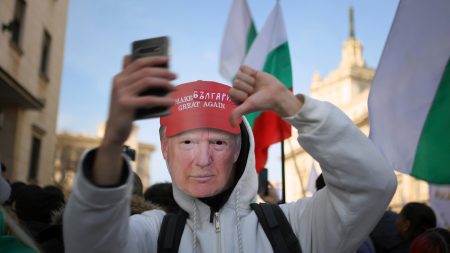South Korea Seeks Exemption from U.S. Tariffs Amid Trade Tensions
South Korea has made a formal request to the Trump administration to exclude the country from the U.S. plans to impose aggressive tariffs on its trade partners. In a move to strengthen its case, South Korean officials emphasized that Seoul is already applying low tariffs on American products under the free trade agreement (FTA) between the two nations. Deputy Trade Minister Park Jong-won recently traveled to Washington to meet with unidentified officials from the White House, the Department of Commerce, and the Office of the U.S. Trade Representative. During these meetings, Park highlighted South Korea’s contributions to the U.S. economy through significant business investments and reiterated the country’s commitment to maintaining low duties on imports from the U.S.
Economic Concerns and the Impact of U.S. Tariffs
South Korea’s top economic think tank, the Korea Development Institute (KDI), has expressed growing concerns about the potential impact of U.S. President Donald Trump’s expanding tariffs on the global trade landscape. In a recent revision to its economic forecast, the KDI slashed its growth outlook for South Korea’s economy, projecting a growth rate of 1.6% by 2025—a 0.4 percentage point decrease from its previous estimate. While the institute acknowledged that Trump’s tariffs on steel and aluminum are unlikely to have a major impact on South Korea’s economy—given that these products account for less than 1% of its exports to the U.S.—it warned that additional tariffs on key export items like semiconductors and cars could pose a significant threat to the country’s trade-dependent economy.
South Korea’s Proactive Approach to Mitigate Trade Risks
In response to the escalating trade tensions, South Korea’s acting president and finance minister, Choi Sang-mok, convened a meeting with senior trade and foreign policy officials to discuss the potential fallout from Trump’s trade measures. These measures include the imposition of reciprocal tariffs and possible product-specific duties on critical sectors such as semiconductors, automobiles, and pharmaceuticals. Choi instructed officials to closely examine how other major economies, including the European Union, Japan, and China, are responding to Trump’s trade policies. The goal is to develop a more effective communication strategy to convey South Korea’s position to U.S. officials and safeguard its economic interests.
The Significance of the U.S.-South Korea Trade Relationship
South Korea’s trade surplus with the U.S. reached $55.7 billion in 2024, underscoring the importance of the bilateral trade relationship. The South Korean Trade Ministry has repeatedly pointed out that the country’s tariff rates on U.S. manufacturing imports are already at zero percent, thanks to the FTA. This arrangement has not only facilitated trade but also strengthened economic ties between the two nations. South Korean companies have made significant investments in the U.S., contributing to job creation and economic growth. By highlighting these points, South Korean officials aim to demonstrate the mutual benefits of maintaining a tariff-free trade relationship.
The Broader Implications of U.S. Trade Policies
The Trump administration’s aggressive trade policies have sparked widespread concern among South Korea’s policymakers and economists. While the immediate impact of tariffs on steel and aluminum may be limited, the potential for further trade restrictions on key sectors like semiconductors and automobiles poses a more significant threat. South Korea’s economy, heavily reliant on exports, is particularly vulnerable to disruptions in global supply chains and shifts in trade dynamics. As a result, the government is urging U.S. officials to consider the long-term consequences of imposing additional tariffs and to recognize the value of maintaining a balanced and cooperative trade relationship.
A Call for Cooperation and Dialogue
In conclusion, South Korea is making a concerted effort to convince the U.S. to exclude it from the list of countries targeted by new tariffs. By emphasizing its commitment to low tariffs, significant investments in the U.S. economy, and the potential risks of further trade restrictions, Seoul hopes to strengthen its case. The South Korean government is also actively monitoring the responses of other major economies to Trump’s trade policies, seeking to align its strategy with global trends and ensure its voice is heard in Washington. As trade tensions continue to evolve, South Korea remains committed to fostering open and cooperative dialogue with its trade partners to navigate the challenges ahead.















